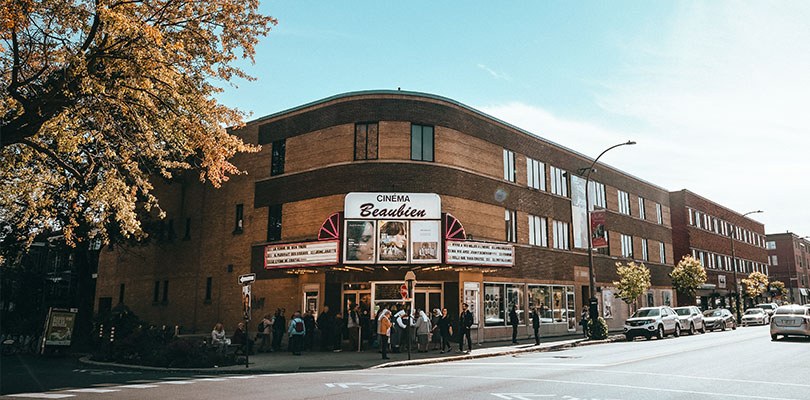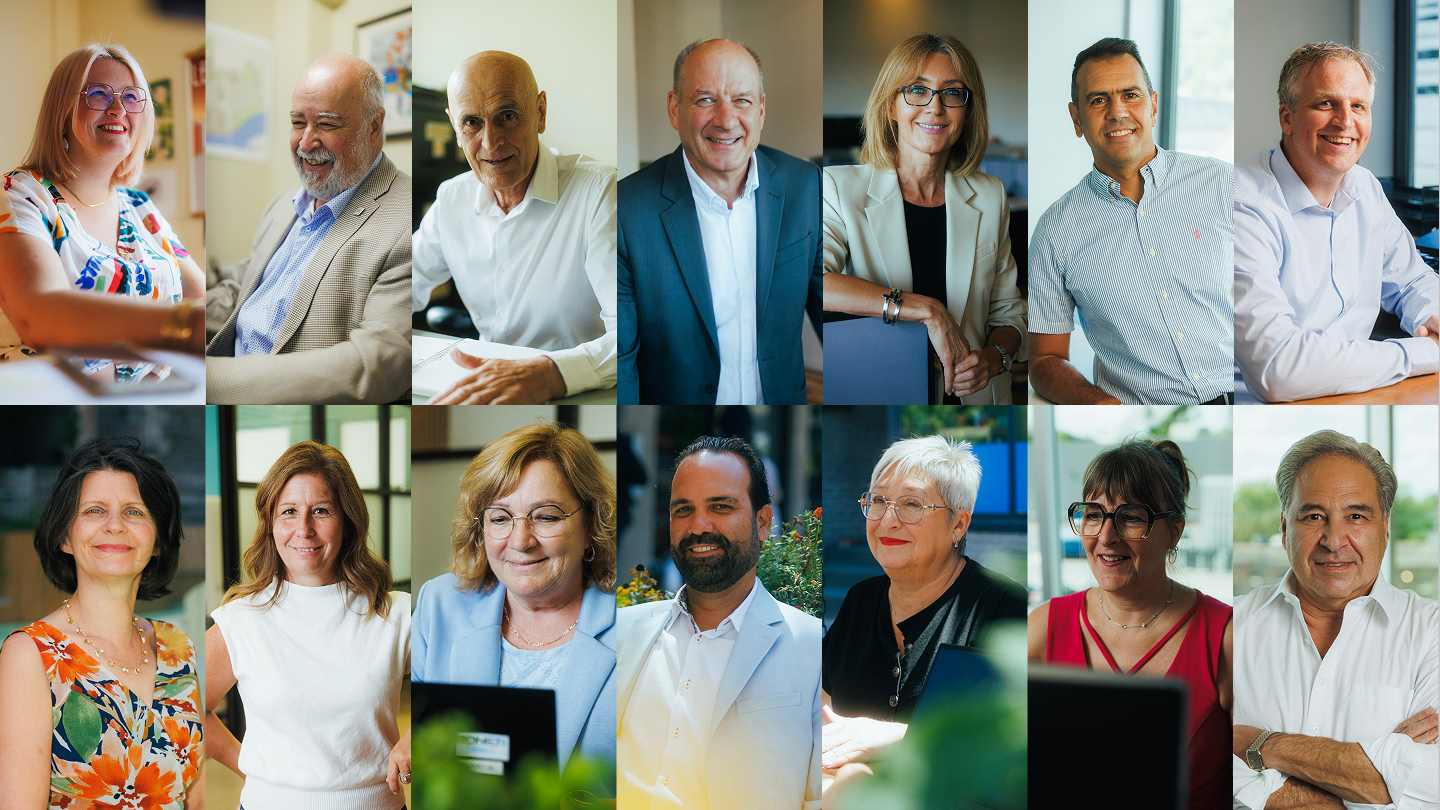Financing a social economy project
Topic: Financing
Step: Launching
Social economy 4 April 2022

Financing lies at the heart of every social economy project. Fortunately, there are a number of programs and institutions that offer the support required for starting and growing these types of businesses.
For projects based in Montréal, the PME MTL network represents the preferred gateway to obtain financing and support. In 2020, PME MTL invested more than $3 million into 399 social economy businesses through the Fonds de développement de l’économie sociale (social economy development fund).
The grants available under this program range from $5,000 to $50,000, and can be used to cover capital expenses (e.g.: land, building, equipment, incorporation fees), the acquisition of technology, working capital and professional fees.
Applicants must demonstrate that revenue from the sale of products or services represents at least 20% of the organization’s total yearly income, such as in the case of a non-profit organization (NPO) that also receives public financing. They must also provide a down payment, which is generally fixed at a minimum of 20% of the total cost of the project.
Jean-François Lalonde, Executive Director of PME MTL Centre-Est explains: “These projects may be eligible for grants or loans from our other funds.”
Working together
In evaluating projects, PME MTL takes into account the quality of the business plan and the soundness of the backers. In the case of loans, the ability to repay is also evaluated. Jean-François Lalonde continues: “That being said, when it comes to financing these types of projects, the objective remains to meet a social goal, and not to realize a return on investment, so we tend to be more patient than private banks.” When a project has certain shortcomings, PME MTL can provide support or refer the entrepreneurs to another organization that can help.
As a general rule, PME MTL does not undertake financial arrangements on its own. Its most frequent partners include the Chantier de l’économie sociale Trust, Filaction, the Réseau d’investissement social du Québec (RISQ) and the Caisse d’économie solidaire Desjardins.
The Caisse d’économie solidaire finances projects that have reached the development and consolidation phase. “We act as a social economy banker”, says Janek Thibault, Business Development Director. The Caisse lends out its members’ money, so it pays close attention to the ability to repay, and requires certain guarantees, which may be linked to customer accounts, buildings or equipment, by way of example. Loans range in value from tens of thousands of dollars to millions of dollars.
The anchoring of a project is an extremely important evaluation criterion for this financial institution. The proposed business model must meet a real community need, which means that the product or service will be used by the community and the community supports the success of the project. Janek Thibault explains: “For example, it may involve parents who wish to provide childcare services. We know that the parents and the educators will get involved.”
Innovative approaches
The Caisse then proceeds with an analysis of the financial aspect. “A social economy business faces the same types of challenges as private businesses, especially in terms of generating revenue, balancing expenses and the availability of workers, so we look at all of that, but from a social perspective.”
In light of this, the Caisse’s evaluation differs from that of a private bank in several areas. For example, private banks see public grants as a risk. They prefer that the businesses they finance do not depend in large part on service agreements with the Government. On the other hand, the Caisse considers these grants to be an attractive source of revenue, since a government department is paying the organization to carry out its mission.
Over the years, other innovations have sprung up to support social economy projects. One of these is participative financing, or crowdfunding, which involves presenting a project via an Internet platform like La Ruche or Ulule and soliciting contributions from citizens.
In April 2022, PME MTL launched a community bond matching fund. Social economy businesses can issue bonds, and PME MTL will then approve financing in an amount up to the amount received by the organization.
Jean-François Lalonde concludes: “There are many options for financing a social economy business, so those who have projects in Montréal should contact PME MTL. It is truly the gateway to the entire social entrepreneurship financing ecosystem.”
Articles
Des entrepreneurs qui font la différence
PME MTL vous propose des guides pratiques pour vous accompagner à chaque étape de votre parcours. Gagnez du temps avec des ressources conçues pour répondre à vos besoins spécifiques.




